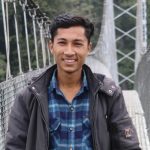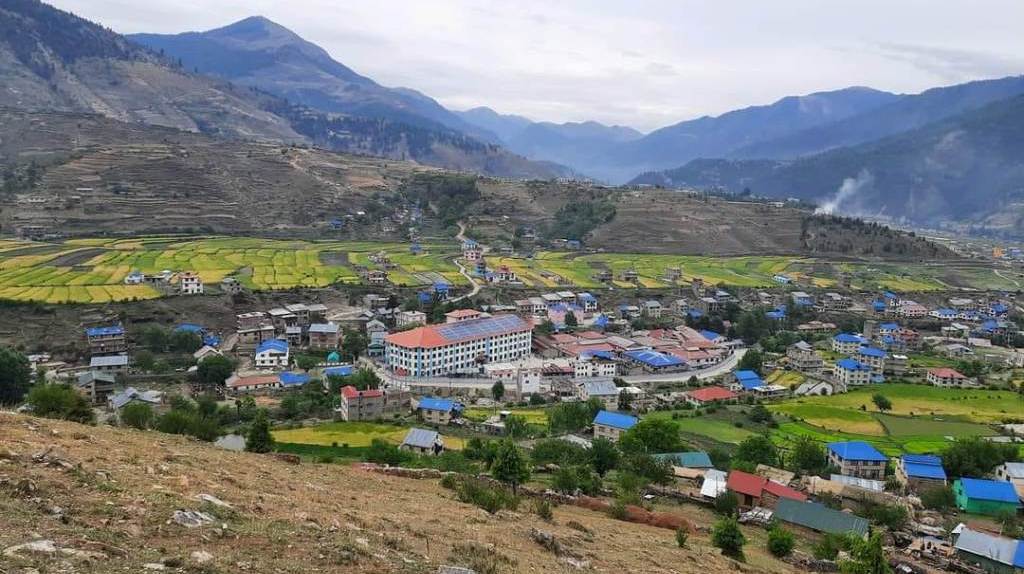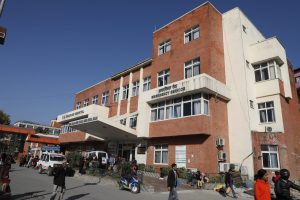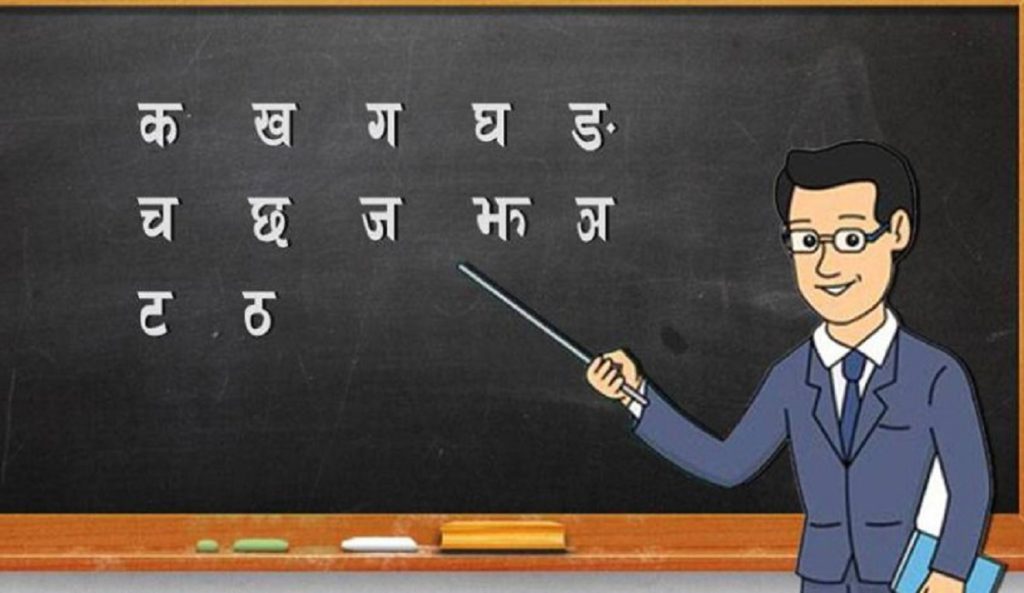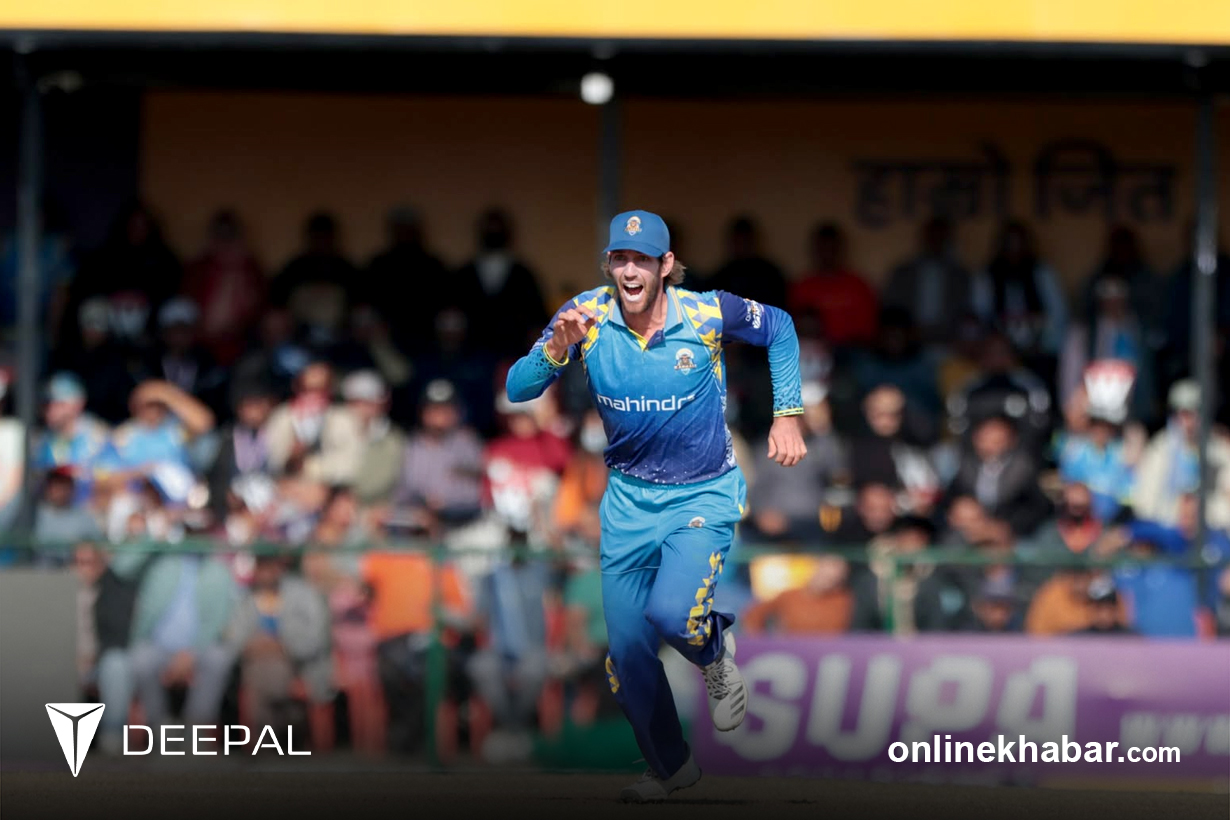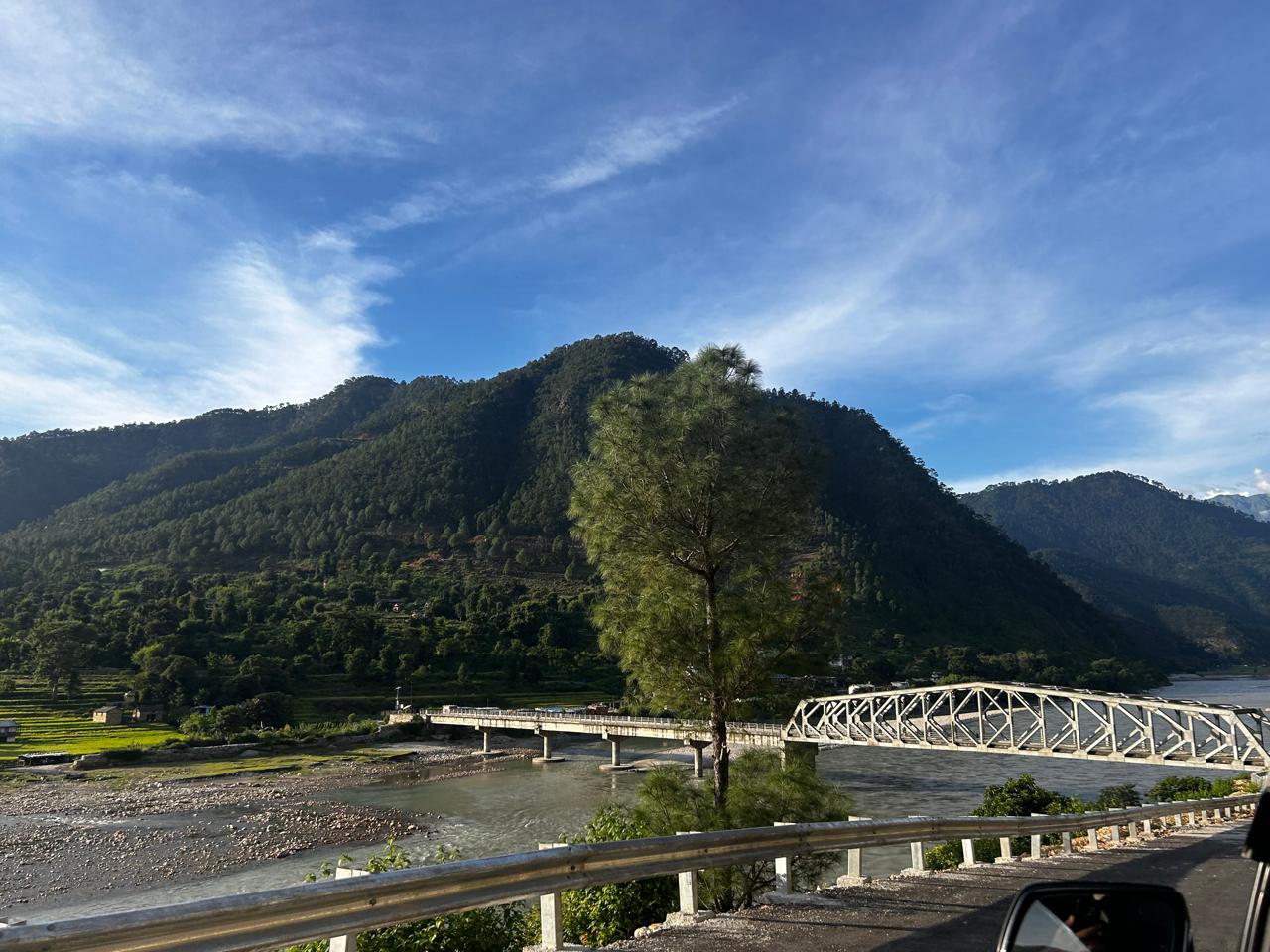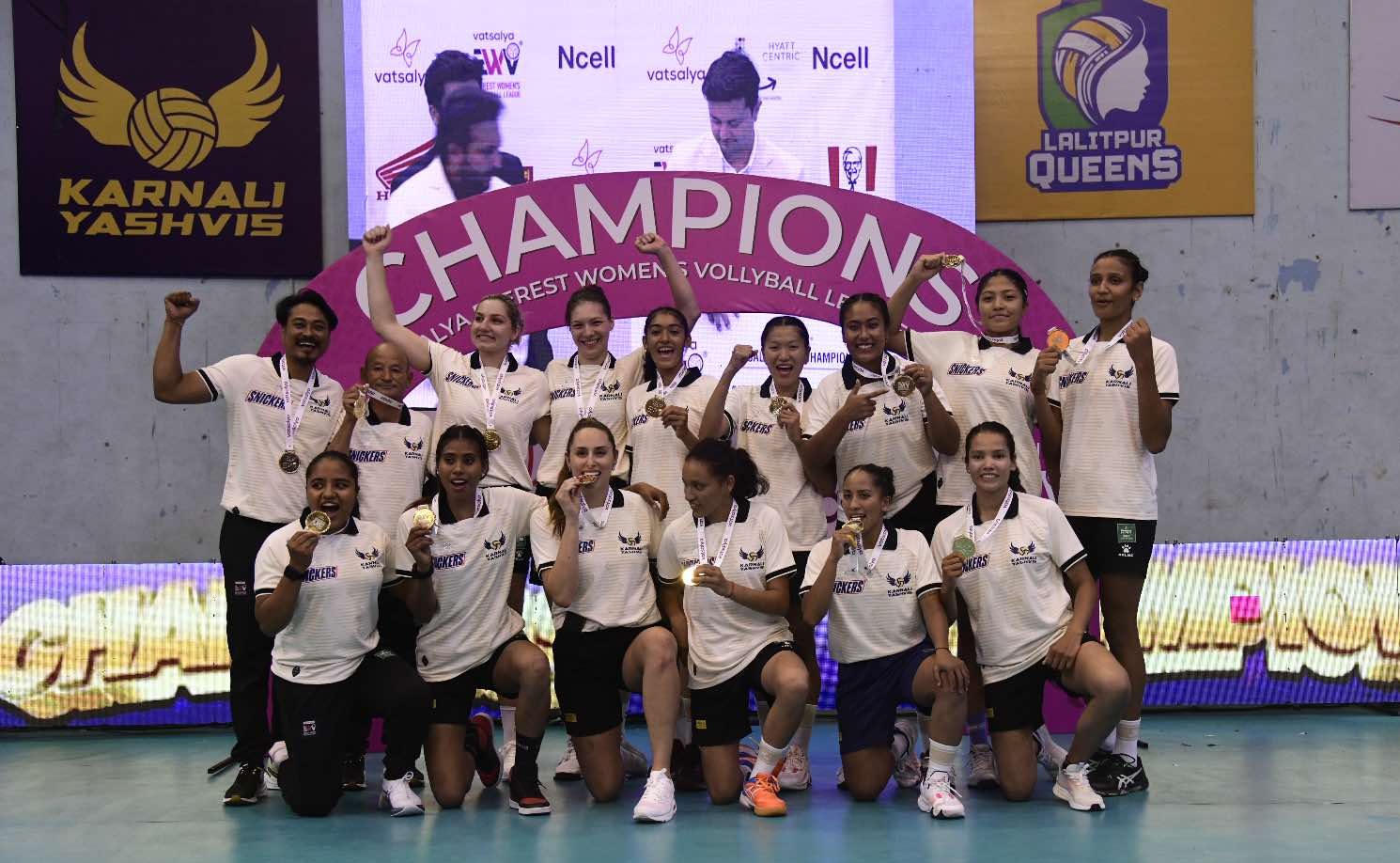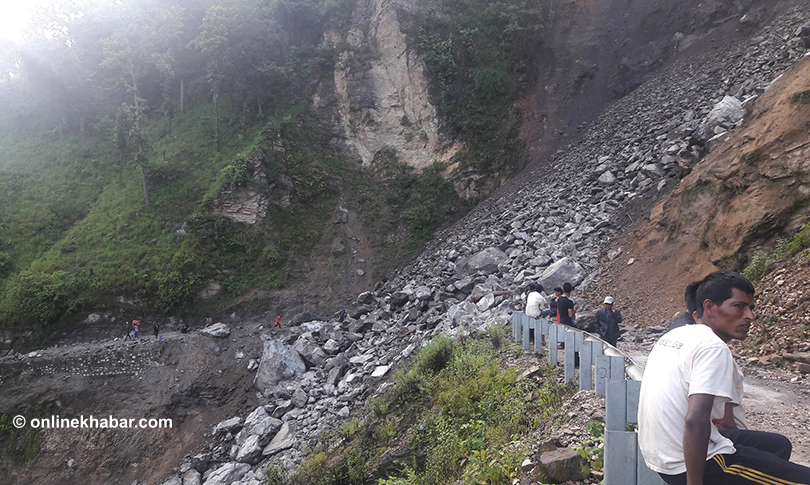The second wave of the Covid-19 pandemic has severely hit many parts of Nepal and Karnali, area-wise the largest province of the country, is no exception. Around 1,000 new Covid-19 cases are confirmed and about 10 deaths are reported daily in the province. There is a shortage of oxygen and beds even in the capital of the province, Birendranagar, and urban areas of Surkhet. This has worsened the crisis there.
This is not it. In Birendranagar, there is also a spike in the number of referral patients from other districts of the province. Likewise, the Covid-19 Special Hospital run by the provincial government is overwhelmed with critically ill Covid-19 patients.
While all these well-facilitated urban areas of the province are struggling to combat the pandemic, the hospital of the Karnali Academy of Health Sciences (KAHS) in Jumla, one of the remotest parts of the province as well the country, having strong infrastructures and sufficient human resources, has become a ray of hope for the people of rural Karnali, arguably the remotest province of the country.
Hope spread across villages
During the first wave of the Covid-19 pandemic, the KAHS established a ‘Chinese Wuhan-model’ unit action team, also known as the Karnali March. The team sent teams of specialist doctors to villages and controlled the first wave. And, it is doing the same this year as well.
“The team works in the Covid-19-affected areas in coordination with the district health workers through the local governments for the treatment of the isolated Covid-19 patients and prevention of this infection,” Dr Ramesh Raj Bhattarai, the KAHS spokesperson, explains, “They also make the public aware of the pandemic. And, they only return from the villages after the pandemic is controlled.”
For doing so, 17 doctors and their teams are deployed in Jumla, Kalikot, Humla, Mugu, Dolpa and Rukum (West), informs Bhattarai.

Besides these six remote districts, the KAHS has also provided support to the Covid-19 ward of the Bheri Hospital in Nepalgunj with a separate six-member team including doctors and health workers led by Dr Prabin Giri, the chief of the Department of Anesthesia and Intensive Care of the KAHS. The academy decided so realising the acute shortage of human resources there, according to Bishwo Raj Kafle, registrar of the academy.
Village-bound for treatment
Lately, many Covid-19 patients have rushed to the KAHS Teaching Hospital in Jumla after not getting beds and oxygen in the hospitals of Surkhet, Nepalgunj and other urban areas in and around the province.
Govinda Khatri of Birendranagar shares, “We came to Jumla for my critically ill mother’s treatment after we could not get bed and oxygen in the hospitals of Surkhet even after waiting for three days.”
Khatri, who has returned from Jumla last week only confirms that his mother is doing well now.
Similarly, another Covid-19 patient from Surkhet also reached Jumla on an ambulance on Friday. And, the flow is increasing.
Resourceful rural facility
Dr Mangal Rawal, the vice-chancellor of the KAHS, claims that the academy has been strengthening itself and has reached the stage of solving the health crisis of Karnali province lately.
Further, Rawal adds that the academy has about 250 health workers including 70 doctors. Even while operating in the full capacity of the hospital, about 50 doctors and health workers can be mobilised in other districts.

“The teaching hospital of the academy has become the strongest hospital in the country in terms of human resources and technology. It will be the ray of hope and trust of the people of Karnali during this pandemic,” boasts Rawal.
In addition, Bhattarai reports the hospital currently has 300 beds, including 10 ICU beds, 25 HDU beds and 13 beds with ventilators. Oxygen is currently being supplied to 35 beds from its own oxygen plant.
According to Bhattarai, the hospital has allocated 100 beds for regular patients and 200 beds for Covid-19 patients. “Currently, the oxygen plant is in operation. We can also supply oxygen from the cylinders. There are enough human resources. Therefore, there is no problem or crisis here as of now,” informs Bhattarai


